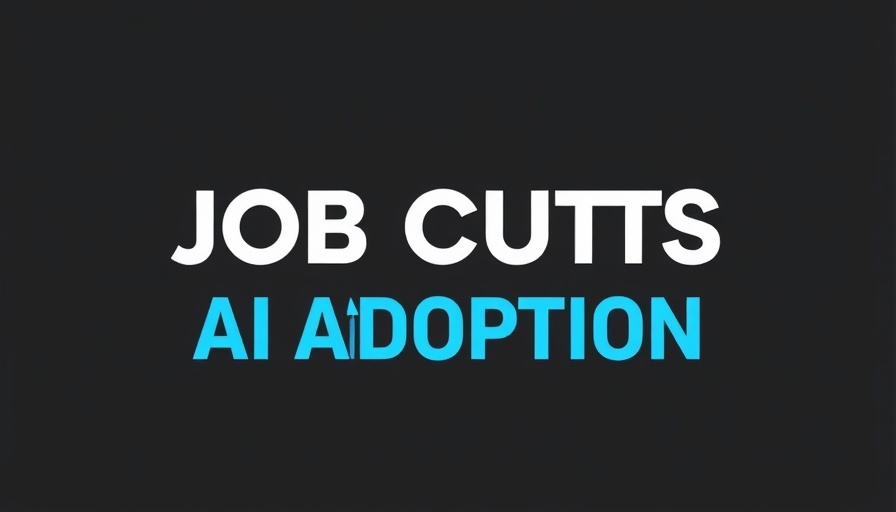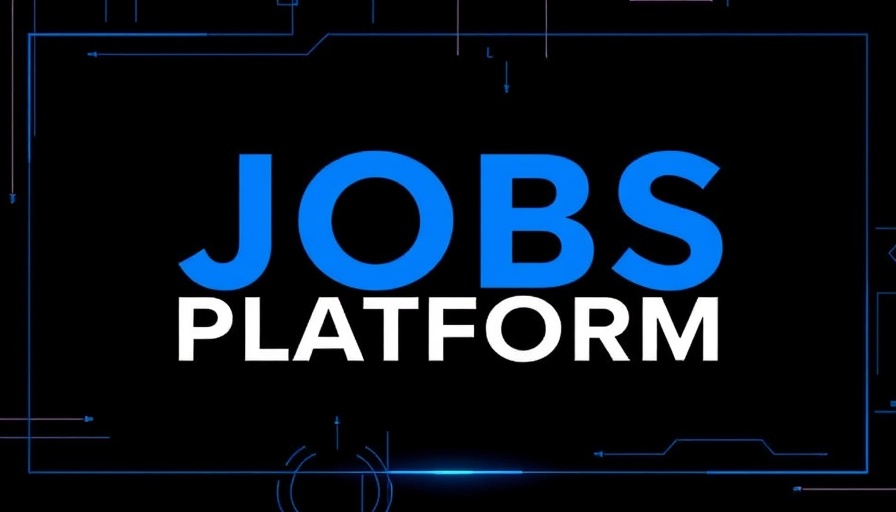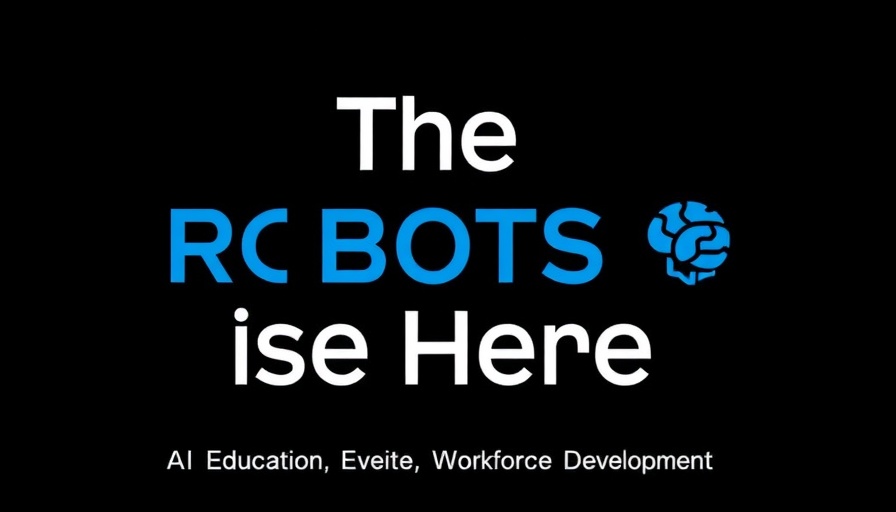
The New Reality of Corporate Employment and AI
Salesforce is making headlines after CEO Marc Benioff announced a significant cut of 4,000 jobs within the company, signaling a drastic shift in how businesses will approach customer support. The reason for this reduction? A move towards artificial intelligence (AI) integration. The company has introduced Agentforce, an AI-driven platform that now takes on numerous tasks that were traditionally managed by human employees. This shift reflects a growing belief among corporate leaders that AI technologies are not just supplementary tools, but essential components of operational efficiency.
Job Market Dynamics: Adapting to AI Innovations
As AI technology continues to evolve, its implications for the job market are profound. Benioff's assertion that he "needs less heads" underscores an uncomfortable reality for many: that the demand for human workers may decline as businesses adopt AI solutions that provide similar, if not superior, performance. According to industry experts, like Paul Roetzer, businesses must prepare for this transformation. AI isn't just about enhancing productivity; it's about redefining roles across sectors. Companies like Ford and EY have already observed the benefits of AI-driven efficiencies, making it clear that this trend is becoming the norm.
Preparing for the Future: Upskilling is Key
With the job market shifting, the onus is on workers to adapt. Roetzer emphasizes the importance of upskilling as a response to the rising influence of AI in workplaces. For employees, this means embracing continuous learning and acquiring new skills that complement AI technologies. Whether in customer service, sales, or marketing, understanding and leveraging AI will be crucial for maintaining job security and relevance in an increasingly automated environment.
Conclusion
The message is clear: AI is not a fleeting trend; it’s reshaping the employment landscape. As seen with Salesforce, the implications for workers in all sectors are significant. Employees must be proactive about learning and adapting to remain competitive. As corporations elevate AI's role, individuals who can innovate alongside technology will thrive in the evolving job market.
 Add Row
Add Row  Add Element
Add Element 



Write A Comment